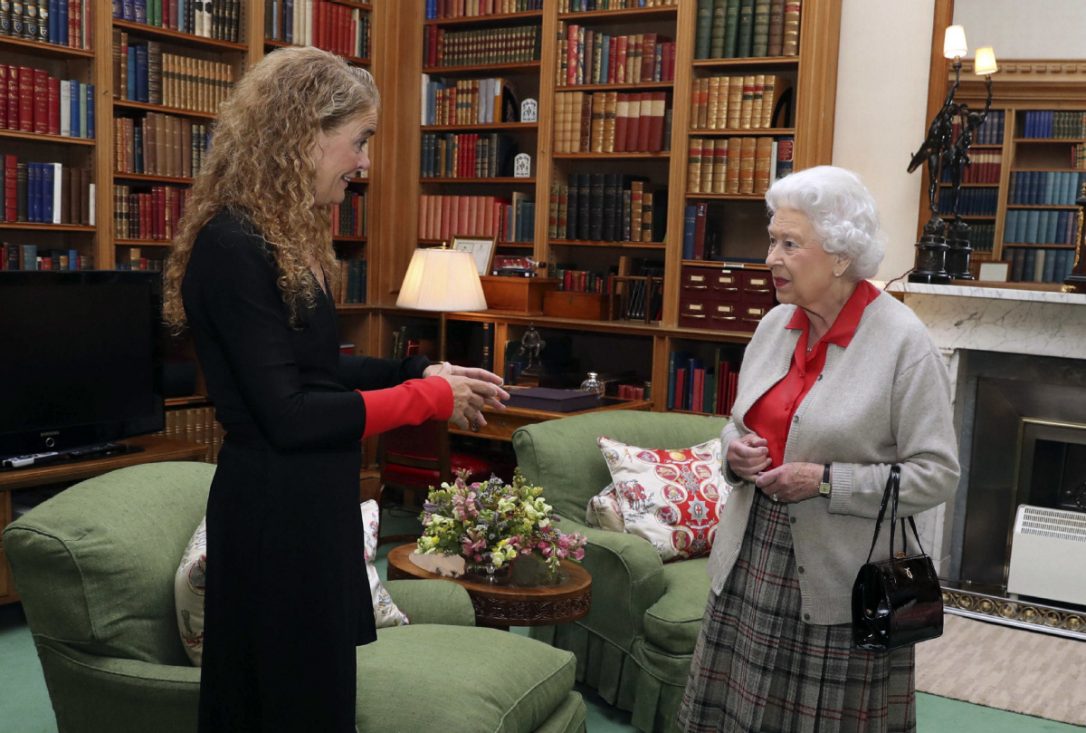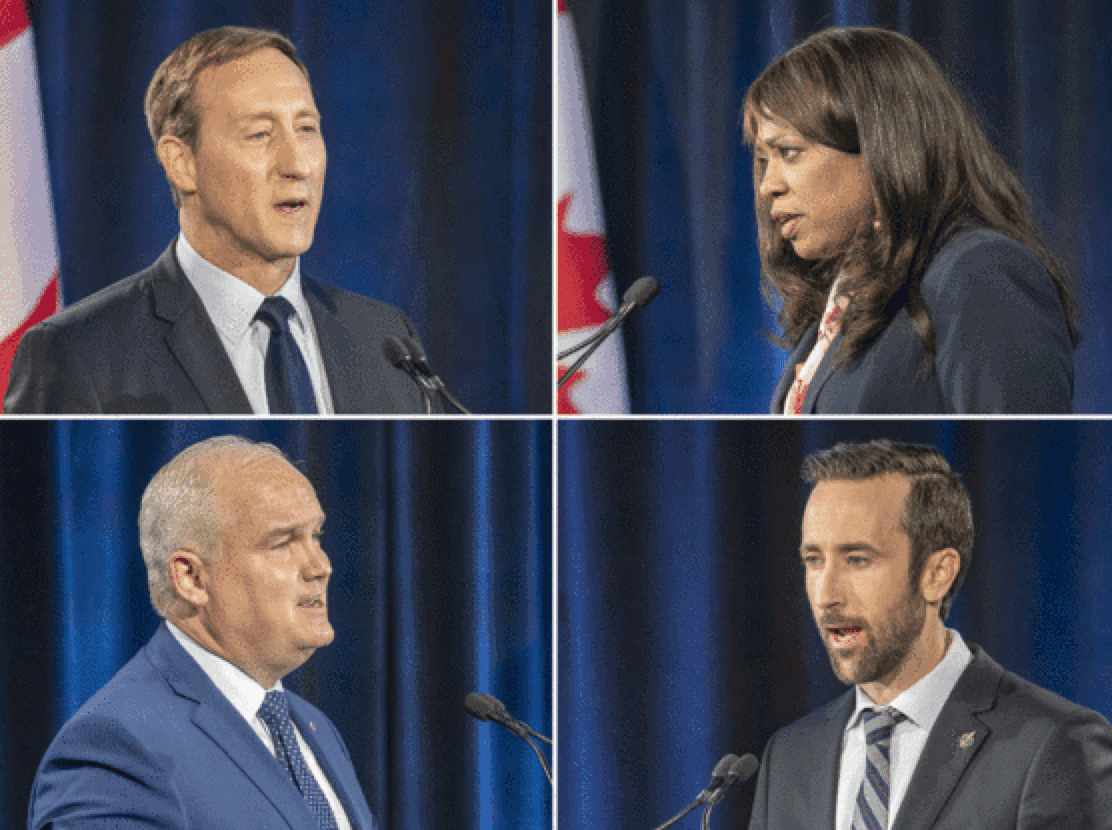News last week out of Rideau Hall of bullying and verbal abuse of staff by Her Excellency Julie Payette and her Secretary, Assunta Di Lorenzo, was not exactly a surprise to those of us who had been paying attention to the vice-regal happenings in this country. Concerns about Payette's suitability for the role of Governor General have been front and centre since the very beginning, and the way in which she was appointed has also been a source of criticism. But this is exactly where prime minister Justin Trudeau needs to focus his attentions in order to start making the next steps when it comes to Payette.
First things first there has been a lot of talk about how it's only the Queen who can take any steps when it comes to Payette these days, but that's untrue. The Queen only acts on the advice of her prime minister, and it's up to him and his office to manage the situation with Payette something that is going to be difficult to do because most of the people who traditionally deal with Rideau Hall have already given up in frustration. When the Canadian Secretary to the Queen was quietly appointed back in November, he let me know that he has a good working relationship with Rideau Hall, and I would expect that he will be playing part of the interlocutor role these days between PMO and Rideau Hall, most especially as the Privy Council Office-driven investigation into the harassment allegations start to take place. Ultimately, however, it will be the PM who advises the Queen on Payette's replacement, and the timing thereof and that timing is going to be the real question.
It should be clear to Trudeau and his office by now that their decision to scrap the vice-regal appointments commission when they took office in 2015 was a mistake, and that the reputed consultation-of-one that wound up with Payette as choice to replace David Johnston was yet another self-own in their long history of self-owns that has dominated this government's time in office. The overriding message in scrapping the committee was not only that this was mere spite for one of Stephen Harper's better ideas, but that neither Trudeau nor his inner circle took any of the vice-regal roles seriously. Not taking it seriously meant not doing the due diligence that such appointments require, and well, they are now reaping what they've sown by not taking it seriously.
Part of the problem is that Trudeau and company have always been more concerned about symbolism than they have been with the practical aspects of the office that they are appointing to and in Payette this has manifested itself in nothing but problems. Payette, an engineer and astronaut who has been more concerned with doing things than representing them, balked at the ceremonial aspects of the job, particularly when it comes to being the patron of charities and non-profits around the country, leaving many of them high and dry from obligations in their charters. She has also sought more input into awards like the Order of Canada, for whom she is the Chancellor but relies on the advice of the nomination committee. Her insistence on writing part of the Speech from the Throne was another example of overreach, which this government didn't adequately tamp down.
But the ceremonial aspects are a big part of the job of Governor General, and when you have a prime minister who is more than happy to take on ceremonial roles wherever possible, then that reinforces the problems we are seeing currently. But we also can't think that ceremonial aspects simply mean showing up and smiling there is a need to have competence when it comes to aspects of protocol, which figure heavily in the job, as well as simple management when it comes to the things that the GG is responsible for and knowing how to write your own speeches doesn't hurt either.
I'm not sure how much these particular qualities have registered in the PMO when they made some of their vice-regal appointments an example was being more concerned about ensuring that the new lieutenant governor of New Brunswick was the first LGBT vice-regal in the Commonwealth than they were about the fact that they appointed someone unilingual anglophone to an officially bilingual province. There are also questions about why they chose to appoint Judy Foote to the post of lieutenant governor in Newfoundland and Labrador when she was mere months out of being in Trudeau's own Cabinet something which strikes a blow to the apolitical nature of the office (though Foote has, to her credit, been very circumspect).
The vice-regal committee would not only have the element of doing the due diligence that apparently is not being done right now, but would be able to be more responsive to situations where there needs to a quick replacement such as the fact that we had two lieutenant governors die in office last summer, and not having anyone in the post paralyzes a province, which would be even more critical at a time like this one where there is a pandemic and states of emergency that require quick turnaround on legislation. And when revelations come out that a vice-regal is behaving in a way that is problematic, having a list of names that have already been vetted can make for a more rapid transition.
This is something that Trudeau needs to take seriously, despite his current preoccupation with the WE Imbroglio. Hell, it was something he should have taken seriously from the start, but didn't, and is paying the price for it now. The fact that this investigation into Rideau Hall is taking place gives him time enough to get the committee in place, preferably under the chairmanship of the Canadian Secretary to the Queen, so that when the report is delivered even though that could take a year that there will be names ready for Trudeau (or his successor) to quickly start the process of transition. Doing anything less risks further damage to the institution.
Photo Credit: CBC News











